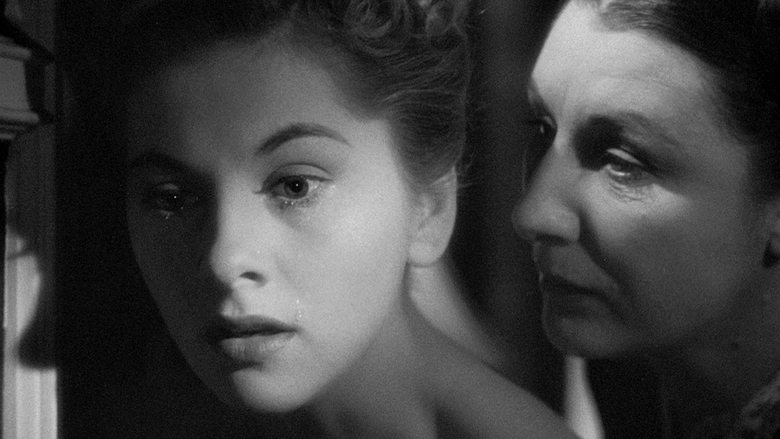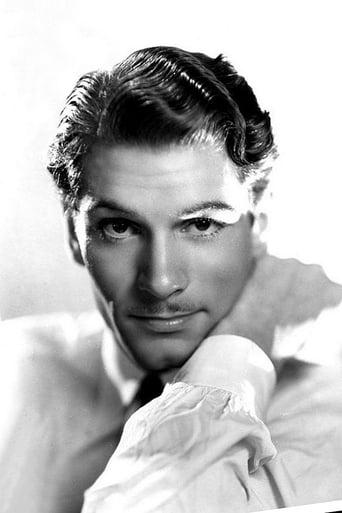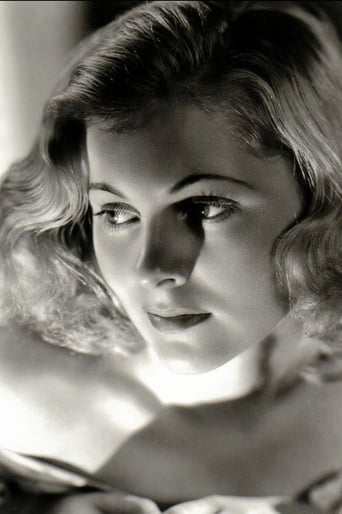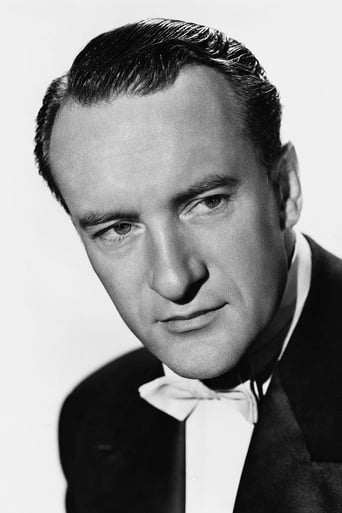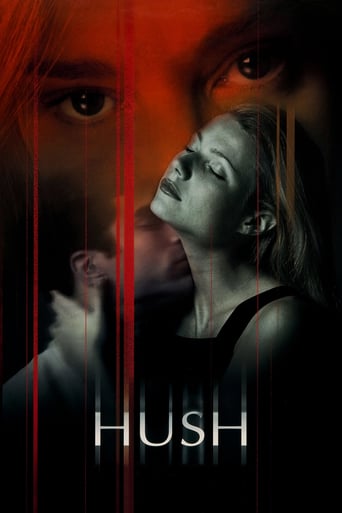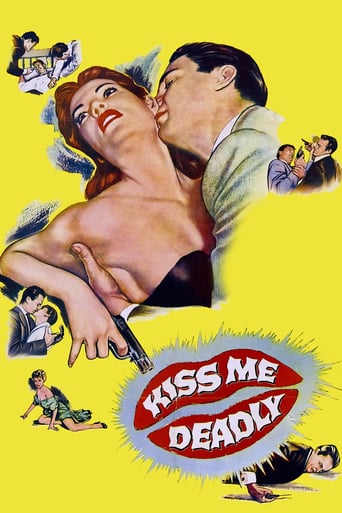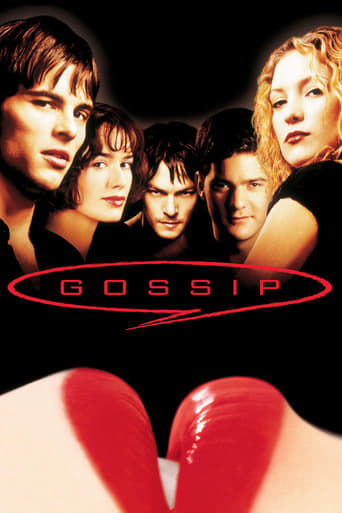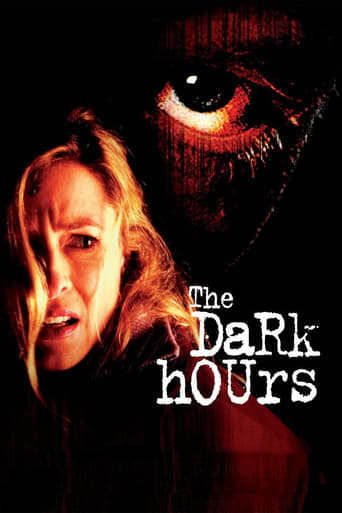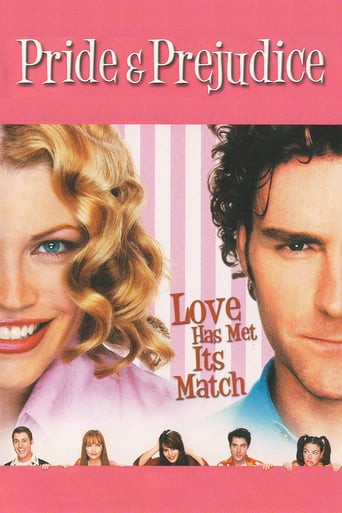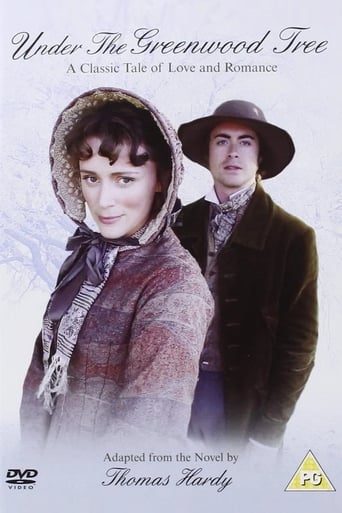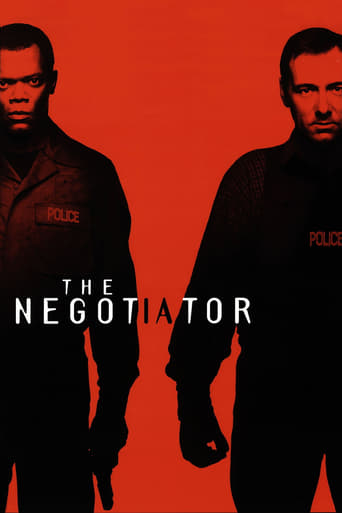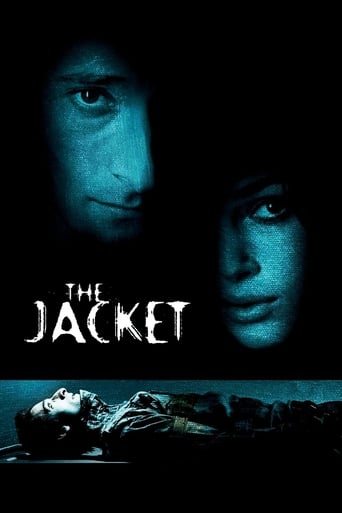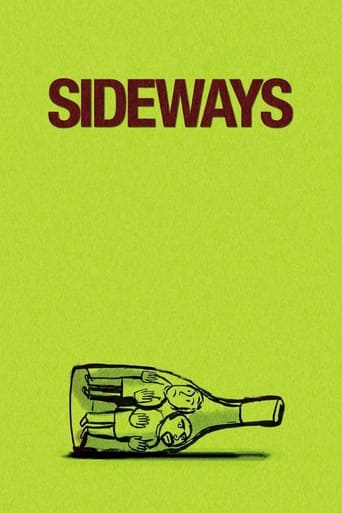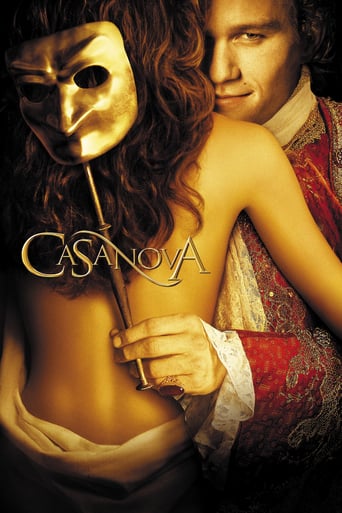Rebecca (1940)
Story of a young woman who marries a fascinating widower only to find out that she must live in the shadow of his former wife, Rebecca, who died mysteriously several years earlier. The young wife must come to grips with the terrible secret of her handsome, cold husband, Max De Winter. She must also deal with the jealous, obsessed Mrs. Danvers, the housekeeper, who will not accept her as the mistress of the house.
Watch Trailer
Free Trial Channels
Cast


Similar titles
Reviews
People are voting emotionally.
A lot more amusing than I thought it would be.
It's the kind of movie you'll want to see a second time with someone who hasn't seen it yet, to remember what it was like to watch it for the first time.
It is an exhilarating, distressing, funny and profound film, with one of the more memorable film scores in years,
I wish Hitchcock had done more movies like this. It's not his best, but the atmosphere and mood are incredible and virtually every other element is superb too. It's hard to see how this could have been done better really.
A young, sweet and naive girl from humble origins (Joan Fontaine) catches the eye of a wealthy aristocratic widower Maxim de Winter (Laurence Olivier). One whirlwind romance later they're married and moving back into his ancestral home called Manderley. But almost immediately she has to start dealing with begrudging staff and the proverbial ghost of the previous Mrs. de Winter.The film managed to surprise me pleasantly. Because let me tell you, the first third of this film is boring. It's so absolutely boring. A young woman moves into an old manor, terrible things start to happen, et cetera, et cetera. But, seeing that this was directed by Alfred Hitchcock, it really shouldn't have surprised me that it didn't remain that boring. The movie changed directions abruptly, and then again. When it got to the final few minutes, I'd call it outright brilliant.Hitchcock also manages to inflict the film with a lot of flair. It was his debut in the United States and was met with almost universal approval, including Hitchcock's first and only Academy Award for Best Picture. And I'd say it's earned. It's an old movie, but filled with a lot of neat tricks and touches. Things you'd nod your head approvingly at even in modern films. The mood is built with almost surgical precision, the soundtrack supports this beautifully and the characters keep revealing new sides of themselves.Is it the best film Hitchcock ever made? No, it's not, but it's still a great watch for all fans of mystery and suspense. And quite a different love story as well, if you're looking for that as well.
Despite the fact that Alfred Hitchcock is widely renown as one of the great directors of his time, it is a bit strange how so many of his films (especially the later ones) have such lame plots. Hitch can make practically anything watchable, but Cold War stinkers like Topaz or Torn Curtain, for example, just weren't going to be classics with even the greatest at the helm. In the case of "Rebecca", however, the overall plot is equal to Hitch's masterful style, producing an epic film worthy of its Oscar statue.For a basic plot summary, "Rebecca" begins with the the meeting and courtship of Maxim de Winter (Laurence Olivier) and the lady who will become his wife (Joan Fontaine). When the couple arrive at Maxim's elegant mansion, however, the new bride discovers just how deep the love of Maxim's first wife runs through the home, especially in maid Mrs. Danvers (Judith Anderson).The main plot element of this film reminds me very much of "Vertigo" in the sense that a supernatural presence is hinted at. Viewers never quite know what is going on (further hinted at by Hitch's adept film & music touch) until quite literally the final minutes of the movie. I won't give away any details here, but suffice it to say that the mysteries throw enough curve-balls to keep you on the edge of your seat in wonder.The acting is also top-notch. Olivier & Fontaine shine in their leading roles, but Anderson's Danvers pretty much steals the show in this one as one of the great creepy movie characters of all time. Comparable to Nurse Ratched in "One Flew Over The Cuckoo's Nest".Overall, "Rebecca" has got to be up near the top of all "Best of Hitchcock" lists, as it excels in pretty much every element of film-making. Whereas other Hitchcock films rely on Hitch's tricky camera work or silly humor to a large extent, "Rebecca" is just a fantastic story translated well onto the big screen. You can't really go wrong watching this effort.
"Last night, I dream I went to Manderley again." This is the narration, murmured by Joan Fontaine's soft voice and inviting us for a posthumous tour over the English countryside, to the local manor that turned into a ghostly no man's house, surrounded by dark and brooding trees enveloping the place with an aura of sacred danger like some monster's claws over a precious catch. What is with that Manderley that inspired that dream anyway? The answer is of course in the title, it's all about "Rebecca". In fact, there's not a single element that belongs to the film or to the original novel written by Daphne du Maurier and that can be defined with the economy of that name-calling. Manderley was the place Rebecca lived. Maxim de Winter (Laurence Olivier) is Rebecca's widower. Mrs. Danvers (Judith Anderson) is her former governess. And Joan Fontaine suffers from the most ungrateful status as she's not even given a first name, she's only known as the "second Mrs. De Winter" she's not even Rebecca's rival because it's a lost fight, mentioning her in the same breath than Rebecca is like pronouncing the name of God in vain.So, the whole movie is overshadowed by Rebecca's aura, it's like the black-and-white photography, drawn through powerful contrasts, was just some decoy containing the shadowy presence of Rebecca, likely to commit an intrusion at any time, by means of a memory, an evocation, a revelation or a confession. There's a moment where Fontaine asks Maxim's best friend (Reginald Denny) about Rebecca, all he can say is that she was the most beautiful creature he ever saw. It takes some superhuman talent to convince us that Fontaine's not as beautiful as Rebecca, however she looked. As the shy, hapless and desperate-to-please Mrs. De Winters, Fontaine is vital to the credibility of the story because through her behavior, she's the plain that gives prominence to the mountain.And 'plain' is the word, it is the mark of a very subtle talent to take distance from the usual strong-minded, glamorous and independent heroines played by the likes of Bette Davis and Katherine Hepburn and create such a fragile, delicate and mild-mannered woman, begging for friendship rather than love, in awe of her husband and in total fear from Mrs. Danvers, the ominous governess who never misses an opportunity to remind what kind of a woman Rebecca was. It's a real psychological torture-game operating on Mrs. De Winter's head and frail shoulders and she hardly finds comfort in Maxim who seems to be constantly preoccupied and absent. Olivier seems rather uncomfortable in the role, but while the story unfolds, we slowly understand the reason of his emotional nonchalance and the no-less odd attraction to his new wife. Of course, even the answers belong to Rebecca.Daphne du Maurier was a woman who enjoyed isolation, not just for work but also as a way to contemplate her freedom and question her identity. This distance from the world predisposed her for fascination, for the ability, as a 'first person' to be haunted by someone, and it often happened to be a woman, or her memory, sometimes even a vague idea was enough. Through her fertile imagination and ambiguous sexuality, she managed to translate this power into a splendid Gothic-tale whose risqué subjects forced Hitchcock to make a few changes. But he faithfully, albeit at times not too subtly, respected the original material and his camera-work conveyed the ghostly presence of Rebecca. Even Danvers who seemed to have had a privileged relationship (of platonic nature in the film) seems to glide over the place, as if she was possessed by the soul of her deceased mistress.Hitchcock was a craftsman and his camera loved the faces of Anderson and Fontaine, the cinematography also accentuates the feeling of an impending danger, and the acting was enriched by the presence of a youngish George Sanders and Leo G. Carroll who would also reveal one thing or two about good old Rebecca. It was Hitchcock's first Hollywood movie and needless to say the trial was conclusive. The film won the Oscar for Best Picture, over classics like "The Grapes of Wrath" and "The Great Dictator", without winning any of the major awards in the directing, acting and writing department, but I guess that's what can be said about "Rebecca", it is a great picture with the looks, the mystery, the acting and everything one could ask for.I only wish it didn't overplay the melodramatic violins and a succession of twists and revelation at the end satisfy the mind, but don't fool us either as Olivier didn't play the kind of roles that deserved a happy ending by Hitch' standards. The film redeems itself with some last-minute thrills but Hitchcock would make subtler films. Still, "Rebecca" holds up well today because there's that uniqueness in the heroine and this extraordinary presence, the fascination over the fact that the most fascinating character is actually absent. The American Film Institute recognized Mrs. Danvers as the thirty-first villain of all time, but I wonder if Rebecca on her own way was the real antagonist and would have deserved that title a little more. Indeed, we never see her, but we can feel her actions, just like the Man in "Bambi" who also nominated in the same list, an invisible but an undeniably evil presence.Now, does Rebecca win or lose as an antagonist? Well, from the opening line, the one about that dream, one can guess that you can never totally get rid of Rebecca, and maybe for that reason, despite the film's flaws and that it's never mentioned at along with "Vertigo", "Psycho", "North by Northwest" or "Rear Window" as Hitch' best, we can never totally ignore "Rebecca".


